The True Cost of Minimalism: 5 Challenges to Watch Out For

There are so many benefits to minimalism: doing more with less, enjoying experiences, not purchases, getting more control over your space and time, and breaking free from shopping therapy.
However, what is the cost of minimalism? Minimalism indeed brings some challenges, as well.
Today, I want to talk about five of those challenges and how I overcame them.
1. The paralysis of choice
Very often when I have to buy something new for myself, be it a clothing item, shoes, makeup, skin care, or anything else, I spend hours choosing the best option and am often paralyzed by the variety.
The dedication to owning a minimal amount of things puts an enormous pressure on any purchase, and I am scared of making the wrong choice, picking the option that will disappoint me.
This makes me more prone to listening to other people’s advice and taking their recommendations over making my own choices and owning my decisions.
Minimalism calls for more responsibility in purchases and sometimes it feels like a substantial mental load. Right now we have an abundance of stuff at our fingertips, and if we have decided to own less, we naturally want that less to be of the best quality, to be the most lovable and beautiful things ever.
There is a so-called paradox of choice, which suggests that instead of increasing our freedom to have what we want, the abundance of choice actually limits our freedom. Minimalism makes the overall paralysis of choice even worse.
So, how do you overcome it? There is no magic pill, of course, but what has worked for me is lowering my expectations. Just because you choose to own only one of something, does not mean it has to be the best in the world. Good enough is good enough.
2. The fear of losing, damaging, or breaking things
If you are a minimalist and own a very limited and highly curated wardrobe, most probably you have neither doubles nor replacements. This scarcity causes the anxiety of breaking or damaging your things because then you will have nothing to wear and you will have to buy something new, which may be an issue in some circumstances.
For a long time I owned just one pair of sneakers at a time, and I would decide not to go out if there was at least a slight chance of rain. I was scared of ruining my shoes so much that it stopped me from experiencing life.
I find it interesting and kind of controversial that on the one hand minimalism is about detachment and seeing outside the material frame of things, but on the other hand it can promote the opposite. When we have so few possessions, we think about them more than we should.
My tip for dealing with this challenge is a bit cheesy. Remember that things are just things after all. They come and go whenever it is time. Try to adopt a more philosophical attitude to your possessions.
Moreover, never rule out the possibility and opportunity of repairing what has been damaged, or giving it a new purpose.
3. Excessive decluttering
Recently, I had to get rid of a lot of personal belongings in order to fit my life into very few bags and move to another country. This caused me to declutter so much, many things that I did not want to let go of.
This is my personal situation that has little to do with minimalism, but I can see how a decluttering agenda now can take various weird and often unhealthy forms.
Decluttering is a very satisfying process, and it is so easy to fall into the trap of starting anew and throwing away everything old. When we decide to pivot our life and start everything anew, very naturally we want to get rid of everything old.
This is how simple decluttering can turn into a compulsive decluttering, which is all about stress, anxiety and trauma, and the relief that is provided by clearing out your home. It may bring some people to the point of barely having anything left in the house.
Of course, at this point one should seek support from a mental health specialist, but for overall excessive decluttering, my best tip is to have a quarantine box where you can put things before deciding their fate permanently.
4. Guilt
My partner and I recently purchased an all-in-one device with printer and scanner, which has been so helpful, but my partner shared with me that he felt guilty for buying it because he was thinking that he was wasteful and lazy. I also feel guilty when I buy something for myself at times.
In minimalism guilt can come not only from buying things but also from getting rid of things. My advice here is do whatever makes your life better and does not reduce the comfort of your everyday living routines. There is a balance that is so unique to everyone. If you know that buying that thing will make your life simpler and calmer, or that getting rid of an item will bring you relief, there should not be any guilt involved.
5. Over management of stuff
I only recently thought about this one, and honestly, it does not get discussed enough. I think it is very natural to want to live in a controllable space, but when it comes to relationships with other people, minimalism can make things pretty weird.
Specifically, it has a huge influence on how we view giving and receiving gifts. If you have been practicing minimalism for a while, you probably know that feeling when you are gifted something that you already see as clutter, which makes it so hard to feel and express genuine gratitude for the act of gift giving.
I have had my personal issues, when I got rid of gifts immediately or I felt very frustrated and angry about gifts I received, and those are the situations that I am not proud of.
People are more important than things, and minimizing people is so wrong. Gift-giving is how many people express their love, and even if their taste is not exactly like yours, it should be appreciated.
The cost of minimalism
Gratitude and acceptance are very powerful tools for personal growth. Minimalists or not, we all are trying to live a better life in a more meaningful and intentional way.
I hope I have given you food for thought today. What is the true cost of minimalism to you? Have you faced any challenges since becoming a minimalist? Share in the comments!
Next, check out these 6 Important Minimalist Lessons That Will Transform Your Life.
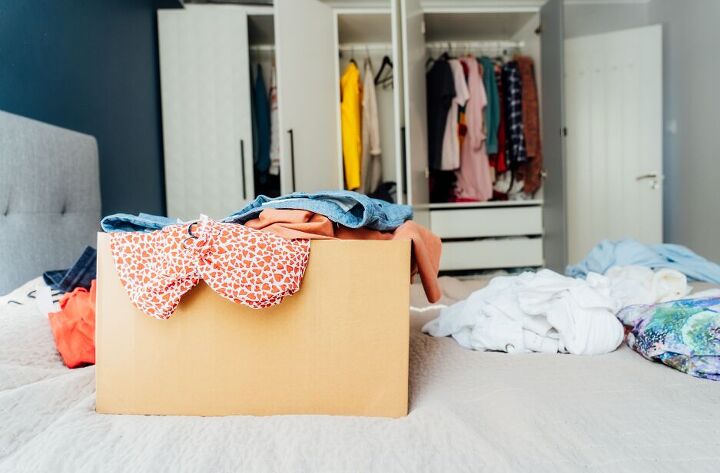


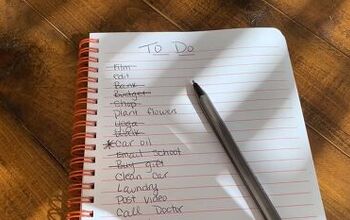
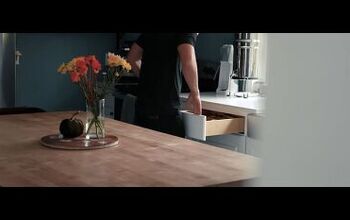
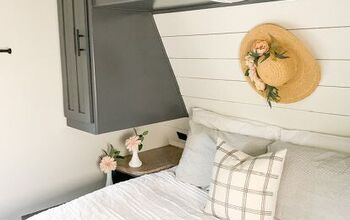
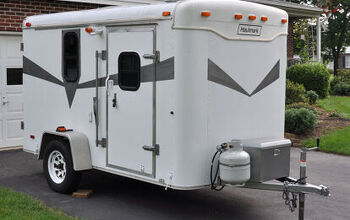

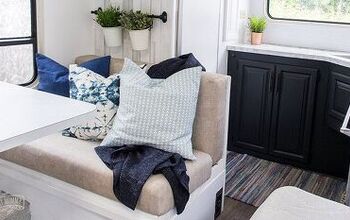


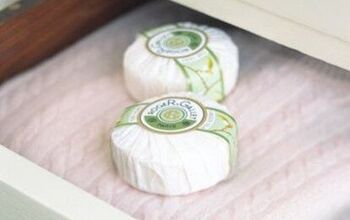




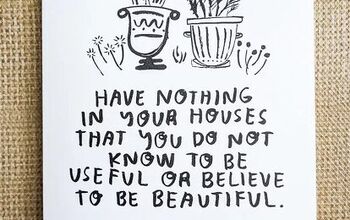


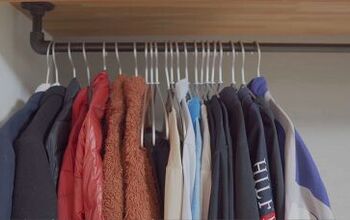
Comments
Join the conversation